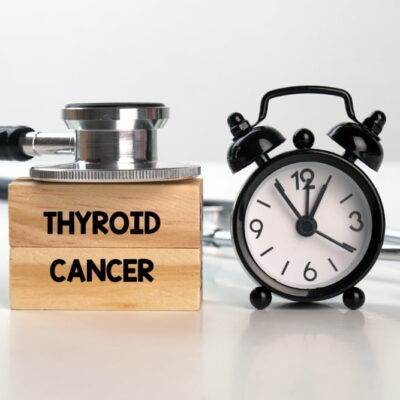
ADHD – Foods to Eat and Avoid
Attention-Deficit/Hyperactivity Disorder, also known as ADHD, is a common neurodevelopmental condition characterized by symptoms such as hyperactivity, inattention, impulsivity, and sometimes even little or no sense of danger. Usually, it is first diagnosed in childhood. Other than medication and therapy, which are common management options, an individual’s food regimen can also alleviate ADHD symptoms. This article talks about foods that can relieve or exacerbate the symptoms of ADHD.
Here are a few foods that can help individuals with ADHD manage symptoms:
1. Soluble fiber-rich foods like carrots
Eating foods that are rich in soluble fiber, like carrots, Brussels sprouts, celery sticks, and apples, can help alleviate inattention symptoms linked to ADHD. The CDC recommends eating at least two to three cups of vegetables and between 1 and two portions of fruits every day to better manage ADHD signs.
2. Protein-rich foods like eggs
Nuts, beans, eggs, and cheese are excellent protein sources. Including these protein-rich items in meals can help improve concentration. Additionally, these foods also ensure the efficacy of ADHD medications.
3. Complex carbohydrate sources like oats
Foods rich in complex carbohydrates, like oats, quinoa, lentils, legumes, and whole-grain pasta, can prevent sudden surges in blood sugar levels. Additionally, having these foods can also help one stay fuller for longer and prevent unnecessary snacking on sugary items. Moreover, when one eats these foods before bedtime, they can help one sleep better.
4. Omega-3-rich foods like walnuts
Foods rich in omega-3 fatty acids are essential for brain health in all people. However, those with ADHD usually have lower levels in their bodies. Improving these levels can be an excellent way to manage ADHD symptoms. Some omega-3 fatty acid-rich foods one can eat include walnuts, soybeans, flaxseeds, and chia seeds.
5. Foods rich in certain micronutrients like mushrooms
Studies show deficiencies in certain micronutrients, like vitamin D and B6, zinc, magnesium, and iron, can aggravate ADHD symptoms. These vitamins and minerals are crucial for health. So, it is vital to have foods that are rich in these nutrients, as mentioned below:
- Fortified foods, most types of mushrooms, especially when sliced and exposed to sun, cheese, and supplements, are rich sources of vitamin D.
- Potatoes and peanuts are quite rich in vitamin B6, which is great for improving brain function.
- Most nuts and beans are rich in zinc.
- Peanuts, spinach, almonds, and pumpkin seeds are rich sources of magnesium.
- Tofu and kidney beans have ample iron.
While certain foods can improve ADHD symptoms, certain foods, as mentioned below, can aggravate ADHD symptoms:
1. Soda or carbonated drinks like sparkling water
People with ADHD must reduce their soda intake. These beverages have ingredients that can trigger ADHD signs.
2. Foods with preservatives like processed meats
About five percent of children with ADHD are sensitive to food chemicals. Hence, they must avoid foods rich in preservatives like processed meats, bread, and frozen pizzas; flavorings like juices and ice creams; salicylates like some cereals; and artificial sweeteners like canned foods and jellies.
3. Foods with dyes like popsicles
Artificial food colors trigger ADHD symptoms like irritability, hyperactivity, and sleep disorders. So, doctors recommend eliminating certain foods with sodium benzoate, like fruit preserves and yellow, red, and blue food dyes in popsicles. However, those with ADHD can opt for natural food colorings like beta-carotene, annatto, chlorophyll, anthocyanin, turmeric, carmine, saffron, paprika, red beets, and caramel.
4. Simple or refined carbohydrates like chips
These are processed foods and offer less nutrition than the natural alternatives. Foods like crackers, biscuits, and chips are rich in refined or simple carbohydrates. Sugar, another simple carbohydrate, can also exacerbate ADHD signs. Studies even associate a high consumption of refined carbs with a heightened risk of developing ADHD.
5. Caffeinated drinks like sodas
Caffeine is common in many energy drinks, including sodas, tea, and coffee. Research suggests that consuming high caffeine levels over time can exacerbate ADHD symptoms.


